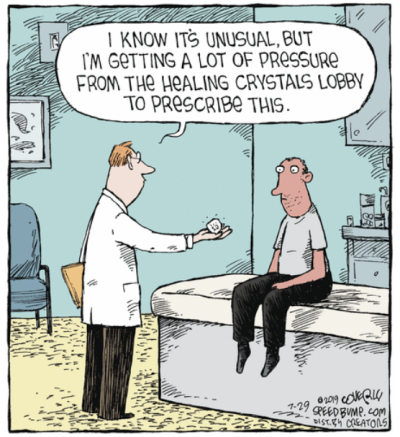daylatedollarshort
Give me a museum and I'll fill it. (Picasso) Give me a forum ...
- Joined
- Feb 19, 2013
- Messages
- 9,358
NW-Bound asked me around 6 months ago to post what I'd found out about the functional medicine test we were doing that might help IBS. It is a big topic. I put off posting because I didn't know how to make a single post on a topic books get written about. But I think our latest tests will be really helpful for DH and me. I started out following the Recode protocol by Dale Breseden from his book The End of Alzheimer's for general testing ideas and also found the articles on the Rupa Health site helpful.
The tests that have really helped us the most have been Genova Diagnostic's Metabolomix+ (nutrients, toxic metals, amino acids and more) and Diagnostic Solution's GI Map (microbiome). Plus we've used the local Quest lab for nutrients not covered by either those tests or the tests our doctor ordered, plus some other markers like IGF-1 and Omega-3. There are other nutrition, organic acids and microbiome tests out there and I don't know if these are the best. They are just the ones I picked to do so far. We've ordered these tests ourselves from sites like Directlabs and Walkinlabs, but they can also be ordered through a functional medical practitioner.
DH and I live in the same house, eat similar diets and have wildly different test results. However, so far the information has been invaluable to both of us for finding out nutritional deficiencies, out of balance amino acids, gluten sensitivities, leaky gut, etc. We've been following the advice in the interpretive guides and that has been clearing up a number of our health issues already that conventional medicine had no answers for. I'm still pouring through the goldmine of out of range markers and how to correct them.
The tests that have really helped us the most have been Genova Diagnostic's Metabolomix+ (nutrients, toxic metals, amino acids and more) and Diagnostic Solution's GI Map (microbiome). Plus we've used the local Quest lab for nutrients not covered by either those tests or the tests our doctor ordered, plus some other markers like IGF-1 and Omega-3. There are other nutrition, organic acids and microbiome tests out there and I don't know if these are the best. They are just the ones I picked to do so far. We've ordered these tests ourselves from sites like Directlabs and Walkinlabs, but they can also be ordered through a functional medical practitioner.
DH and I live in the same house, eat similar diets and have wildly different test results. However, so far the information has been invaluable to both of us for finding out nutritional deficiencies, out of balance amino acids, gluten sensitivities, leaky gut, etc. We've been following the advice in the interpretive guides and that has been clearing up a number of our health issues already that conventional medicine had no answers for. I'm still pouring through the goldmine of out of range markers and how to correct them.

